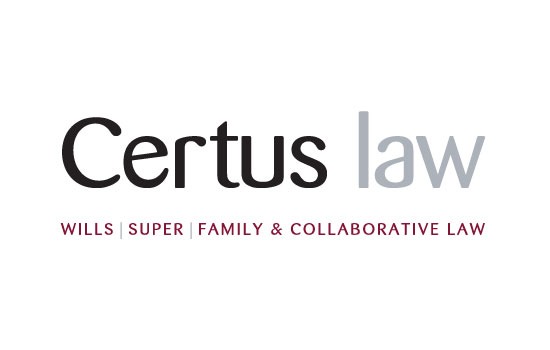
We are all living longer. However, it is a sad fact that a longer life will see an increase in the inability to make decisions for ourselves. It is not uncommon to unexpectedly find yourself in the situation where someone else has to make important life decisions for you. This can be because of an accident, illness or aged related senility or dementia.
We often talk about the importance of having an Enduring Power of Attorney (EPOA) so that someone you trust can make important decisions for you such as paying bills, where you live or whether you have an operation. These are all important decisions which impact on you personally but the importance of having an EPOA extends into other areas of life and can affect others.
One significant and often overlooked example is Self Managed Superannuation Funds (SMSFs).
There are two ways of being the Trustee of a SMSF. You can either:
* Be a personal trustee. You are the trustee in your personal capacity. If your SMSF is set up this way then each member must be a trustee and you must have at least two trustees (i.e. if you have a single member fund, you need a trustee who is not a member of the SMSF); or
* Establish a corporation which is the trustee of the SMSF. If your SMSF is set up this way then each member must be a director of the corporate trustee however if you have a single member fund, you only need one member director in this structure.
But what happens in your SMSF if you lose capacity?
Personal trustee: Where one of the personal trustees loses capacity without an EPOA, then the SMSF will effectively be hamstrung as the law requires that all trustees be part of any decision making. The remaining trustees cannot operate the SMSF without the infirm trustee.
Corporate Trustee: If your SMSF has a corporate trustee and a director loses capacity without an EPOA, the rules of the corporation may include a provision to automatically remove a director. If the removed director also happens to be the sole shareholder of the company, this also causes an issue as the rules would need to include provision for appointment of a director where the sole shareholder also lacks capacity.
If you have a client in the situation where there is loss of capacity and no EPOA, then the remedy is to apply for an order from the Civil and Administrative Tribunal. This is time consuming and expensive.
The problem is easily avoided. All members, trustees and/or directors of the SMSF should each have a valid EPOA. This enables a trusted person to make decisions on their behalf. And the law provides that the trusted person can be a trustee as well in place of the disabled person.
Prevention is better than cure. Anyone who is a member of an SMSF or is the director or trustee of an SMSF should have an EPOA.

